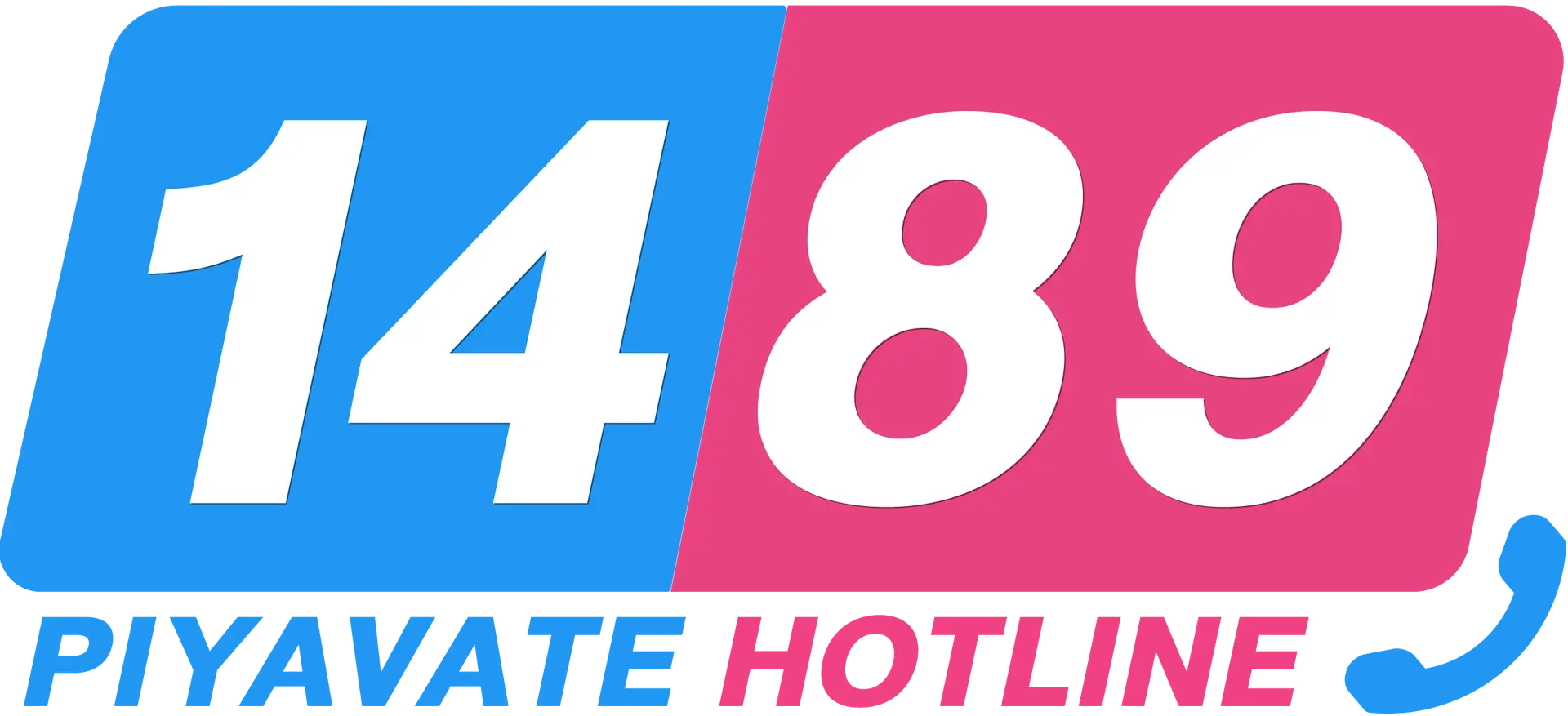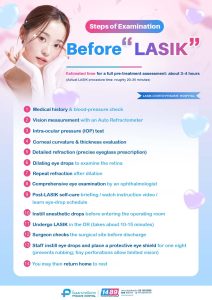- Plastic & Reconstructive Surgery Center
About
The Plastic & Reconstructive Surgery Department at Piyavate Hospital, led by Dr. Chakarin Suchakaro, provides a full spectrum of advanced surgical services. Dr. Chakarin holds dual board certifications in General Surgery and Plastic & Reconstructive Surgery, and is a former lecturer at leading Thai medical schools.
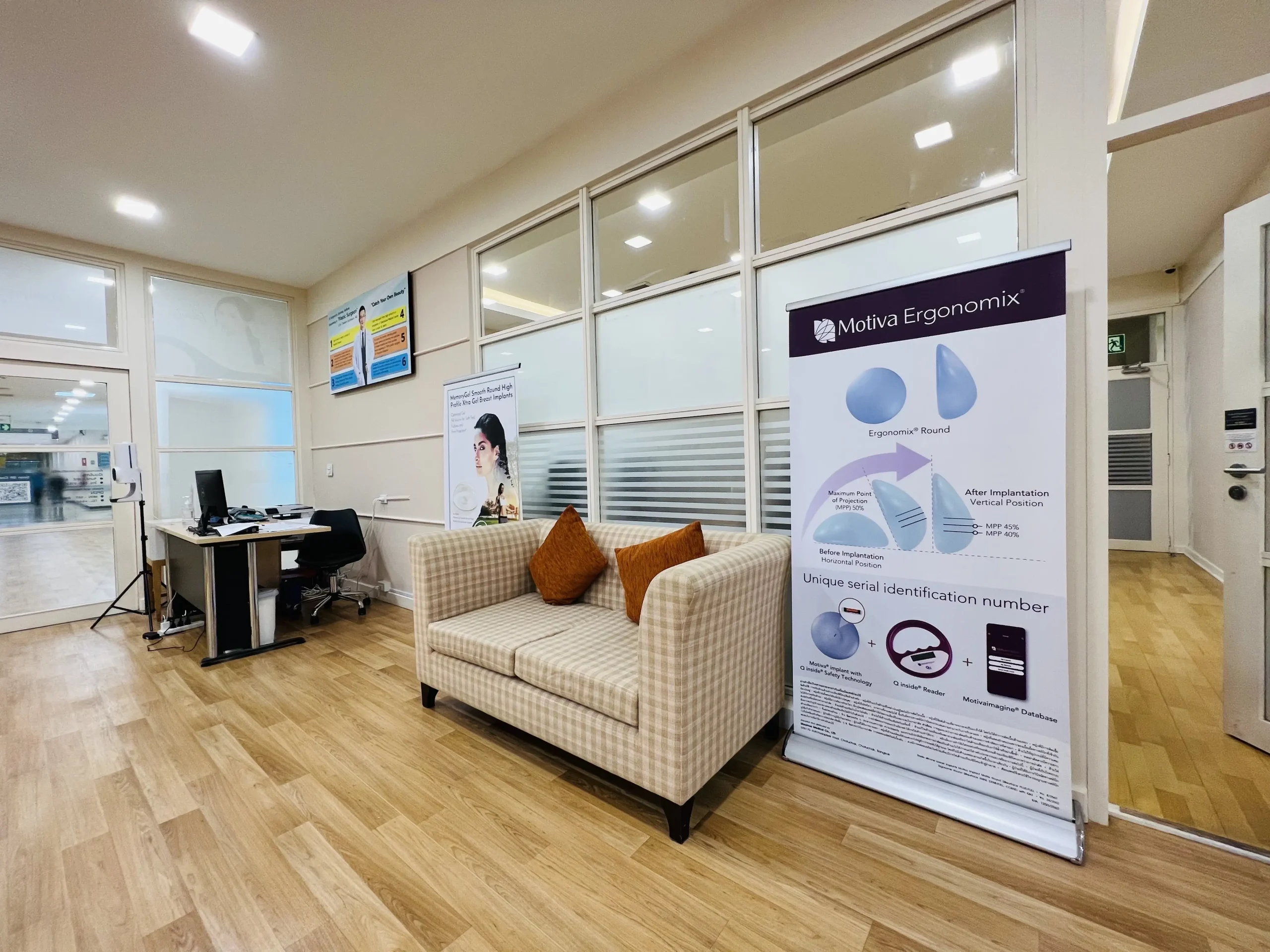
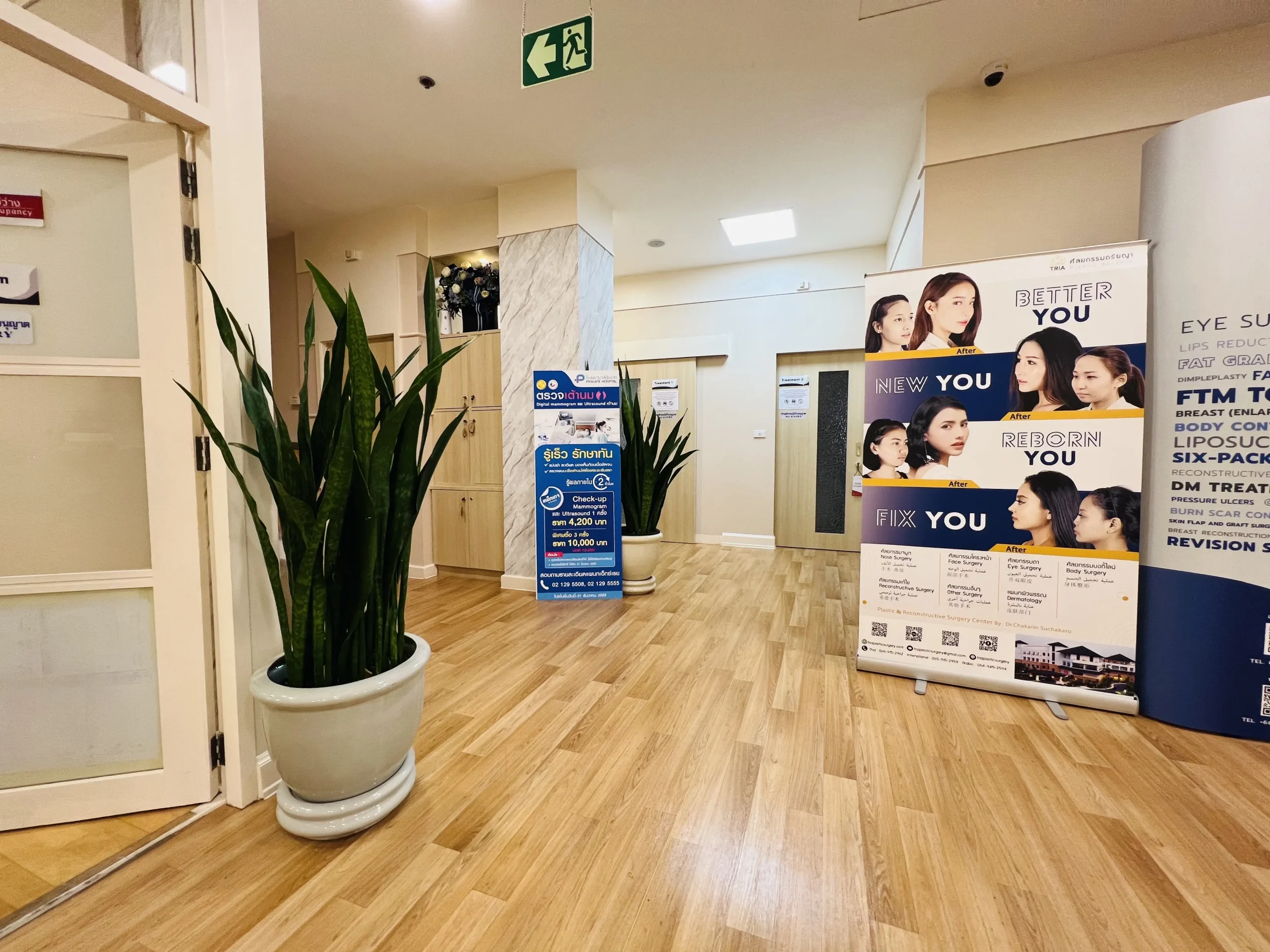
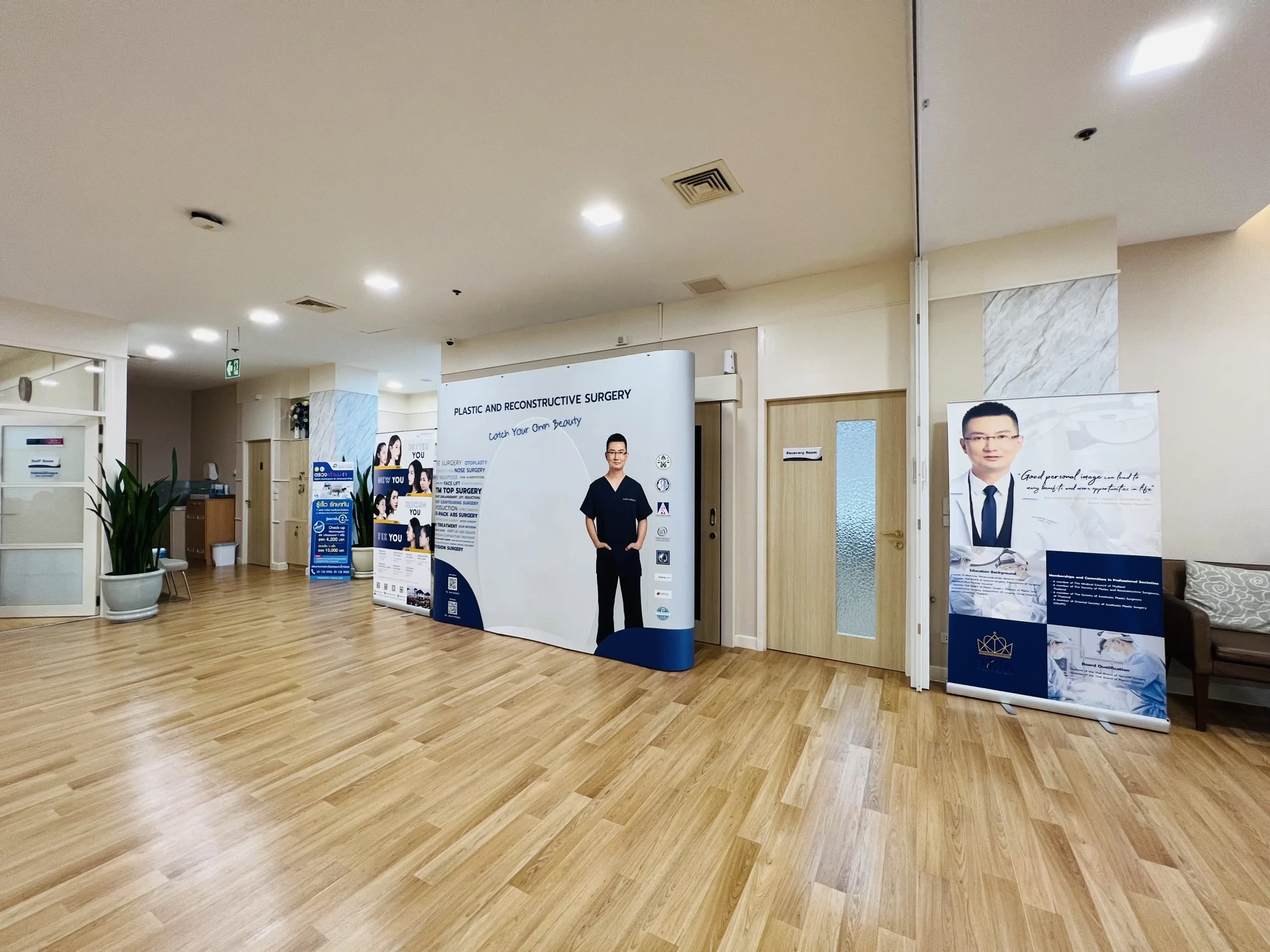
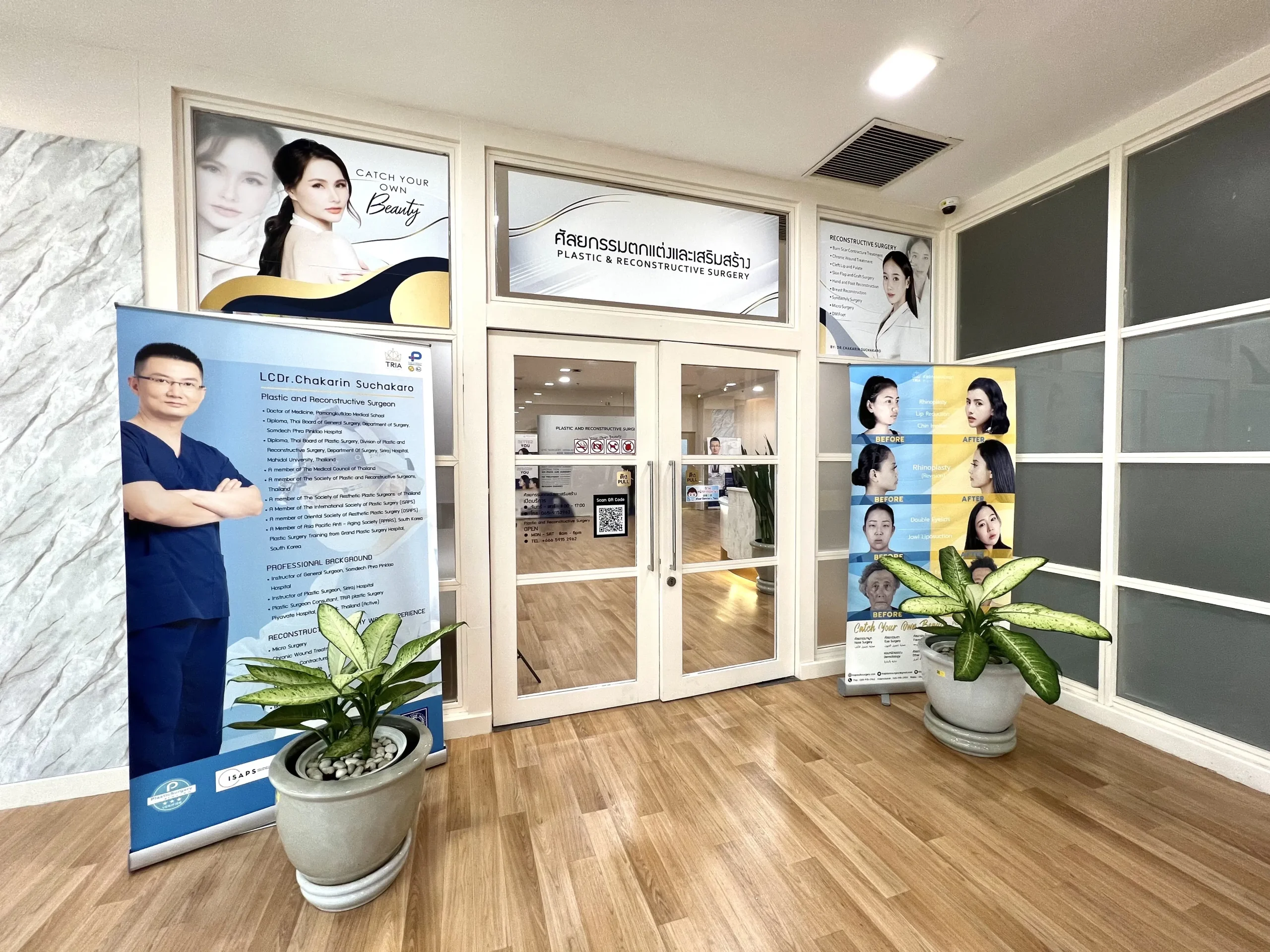
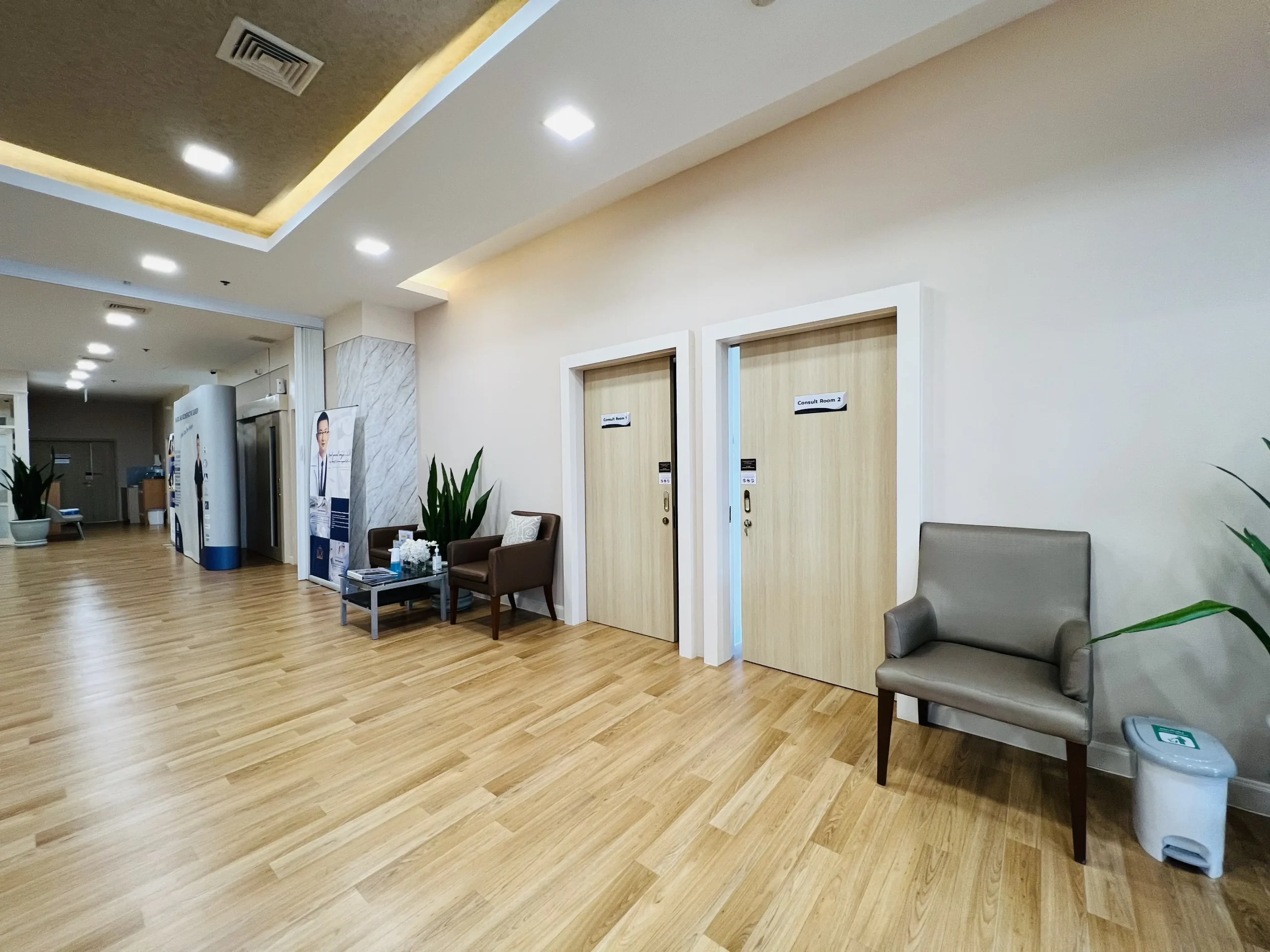
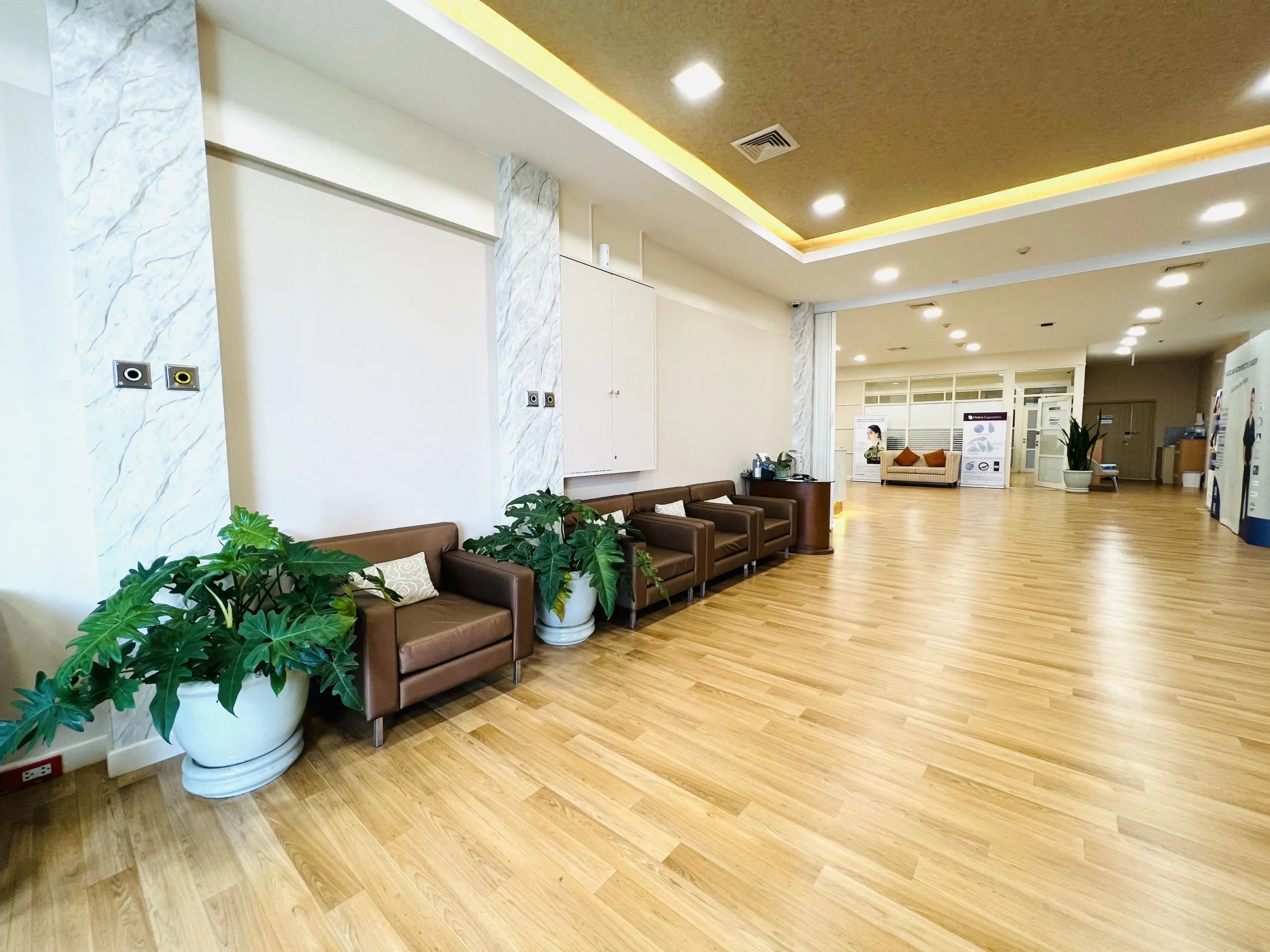
- Plastic & Reconstructive Surgery Center
Medical Services
Our expertise includes aesthetic surgery such as facelifts, neck lifts, rhinoplasty, eyelid surgery, ear reshaping, breast augmentation, reduction and lift, liposuction, fat grafting, abdominoplasty, and comprehensive Mummy Makeover procedures. We also specialize in complex revision surgeries for patients who require corrective operations.
Beyond aesthetics, the department is highly recognized for its reconstructive surgery services—addressing congenital anomalies such as cleft lip and palate, and limb deformities, as well as functional restoration after trauma. Our team provides surgical solutions for burns, scald injuries, chronic wounds, pressure sores, and other complex cases requiring advanced reconstructive care.
In addition, Dr. Chakarin is particularly renowned for FTM Top Surgery, performed with individualized chest contouring aligned with each patient’s muscle anatomy, ensuring natural, safe, and transformative outcomes.
All procedures are conducted under JCI (Joint Commission International, USA) standards, with the support of a full multidisciplinary medical team. This ensures patients receive comprehensive, safe, and coordinated care throughout their surgical journey—even in cases of underlying health conditions or emergencies—together with the direct supervision of our board-certified plastic surgeon.
Beyond aesthetics, the department is highly recognized for its reconstructive surgery services—addressing congenital anomalies such as cleft lip and palate, and limb deformities, as well as functional restoration after trauma. Our team provides surgical solutions for burns, scald injuries, chronic wounds, pressure sores, and other complex cases requiring advanced reconstructive care.
In addition, Dr. Chakarin is particularly renowned for FTM Top Surgery, performed with individualized chest contouring aligned with each patient’s muscle anatomy, ensuring natural, safe, and transformative outcomes.
All procedures are conducted under JCI (Joint Commission International, USA) standards, with the support of a full multidisciplinary medical team. This ensures patients receive comprehensive, safe, and coordinated care throughout their surgical journey—even in cases of underlying health conditions or emergencies—together with the direct supervision of our board-certified plastic surgeon.
Plastic and reconstructive surgery often focuses on restoring function to individuals who have suffered from accidents, injuries, or diseases. Procedures such as hand surgery, burn reconstruction, and breast reconstruction after mastectomy enable patients to regain their mobility, independence, and overall quality of life. By repairing damaged tissues and reconstructing body parts, plastic surgeons help individuals recover their physical abilities and reintegrate into society.
Congenital deformities, such as cleft lips and palates, craniofacial abnormalities, and limb malformations, can significantly impact individuals’ self-esteem and social interactions. Plastic and reconstructive surgery offers a solution by correcting these deformities, allowing affected individuals to lead normal lives. Through procedures like cleft lip and palate repair, craniofacial reconstruction, and limb lengthening, plastic surgeons improve both the physical appearance and functionality of these individuals, enabling them to thrive in various aspects of life.
Aesthetic or cosmetic surgery is another aspect of plastic surgery that focuses on enhancing the appearance of individuals who desire changes for personal reasons. Procedures like rhinoplasty (nose job), breast augmentation, liposuction, and facelifts help individuals achieve their desired aesthetic goals, boosting their self-confidence and improving their overall well-being. While some may argue that aesthetic enhancements are purely superficial, the positive psychological impact of these procedures should not be underestimated.
Plastic and reconstructive surgery not only improves physical appearance but also has a profound psychological impact on individuals. Correcting physical deformities or enhancing one’s appearance can significantly boost self-esteem, self-image, and body confidence. This newfound confidence can positively affect personal relationships, career prospects, and overall mental well-being. By addressing physical insecurities, plastic surgery allows individuals to feel more comfortable and content in their bodies, leading to improved overall happiness and quality of life.
- Plastic & Reconstructive Surgery Center
Surgical Expertise
Plastic and Aesthetic Surgery
- Blepharoplasty (eyelid surgery)
- Rhinoplasty, including complex and revision cases
- Advanced facelift and neck lift techniques
- Liposuction & Abdominal Etching
- Abdominoplasty (tummy tuck)
- Fat Transfer & Buccal Fat Removal
- Otoplasty (ear reshaping)
- Breast Augmentation, Lift & Reduction
- Female-to-Male (FTM) Top Surgery
- Gynecomastia correction
- Facial rejuvenation including forehead lift, brow lift, dimpleplasty, and chin implant
- Lip surgery and other advanced cosmetic procedures
Reconstructive Surgery
- Management of diabetic foot ulcers
- Scar revision and skin grafting
- Pressure ulcer treatment
- Cleft lip and palate repair
- Tissue Transplantation Surgery / Tissue Flap Surgery
- Hand and foot reconstruction
- Chronic wound treatment
- Syndactyly surgery
- Breast reconstruction
- Congenital ptosis correction
- Complex abdominal procedures including appendectomies and hernia repairs
Our dedicated team is committed to providing close guidance and support before and after your surgery, ensuring that this transformative change reflects your innermost feelings and desires authentically.
Let us be a part of your life-changing journey, offering meticulous care and expertise from our professional team.
Let us be a part of your life-changing journey, offering meticulous care and expertise from our professional team.

